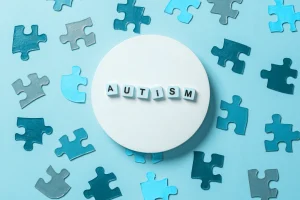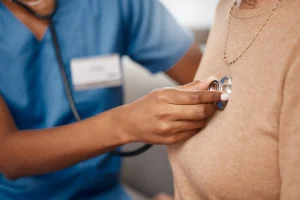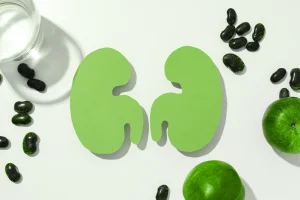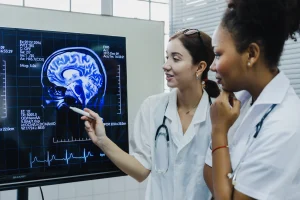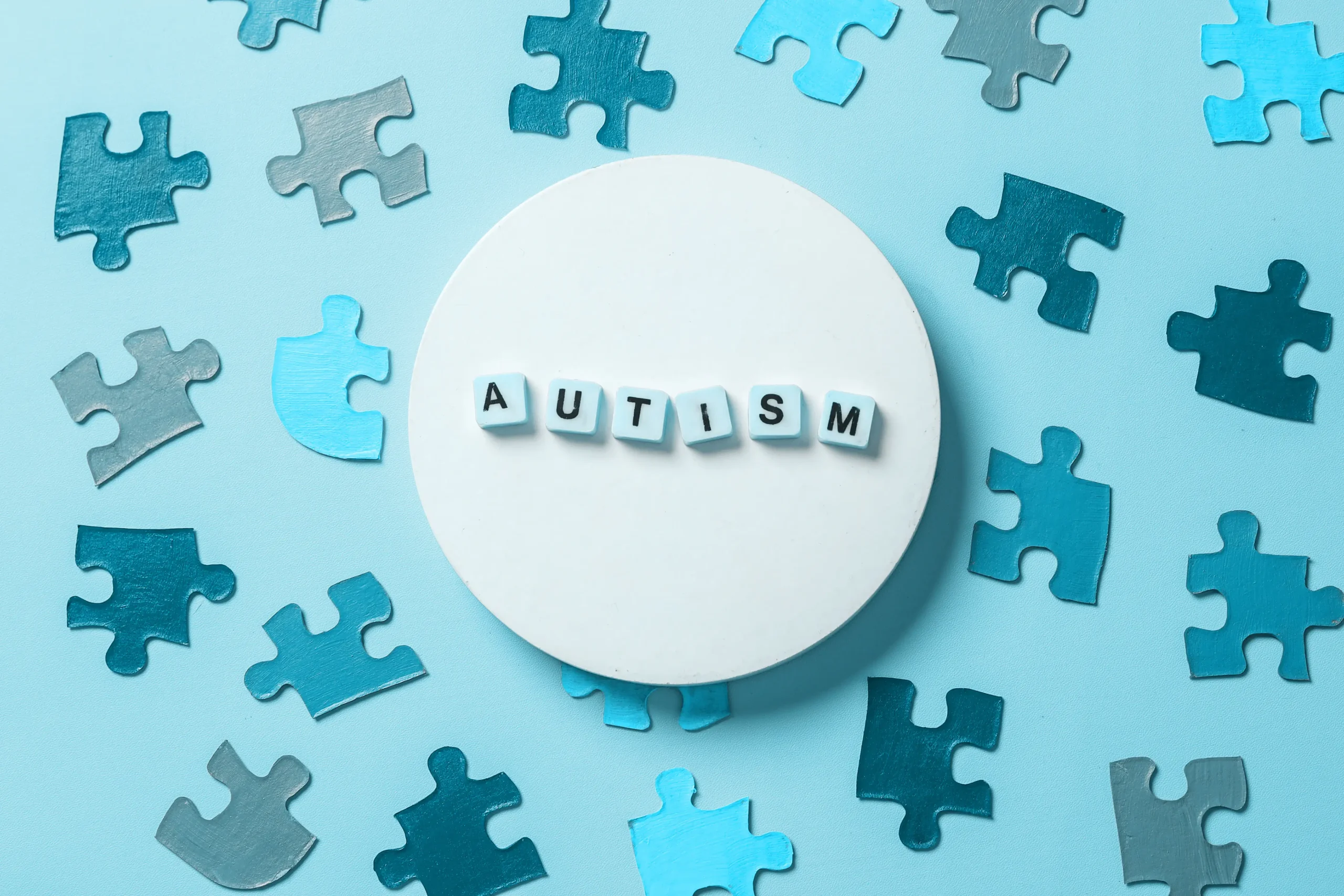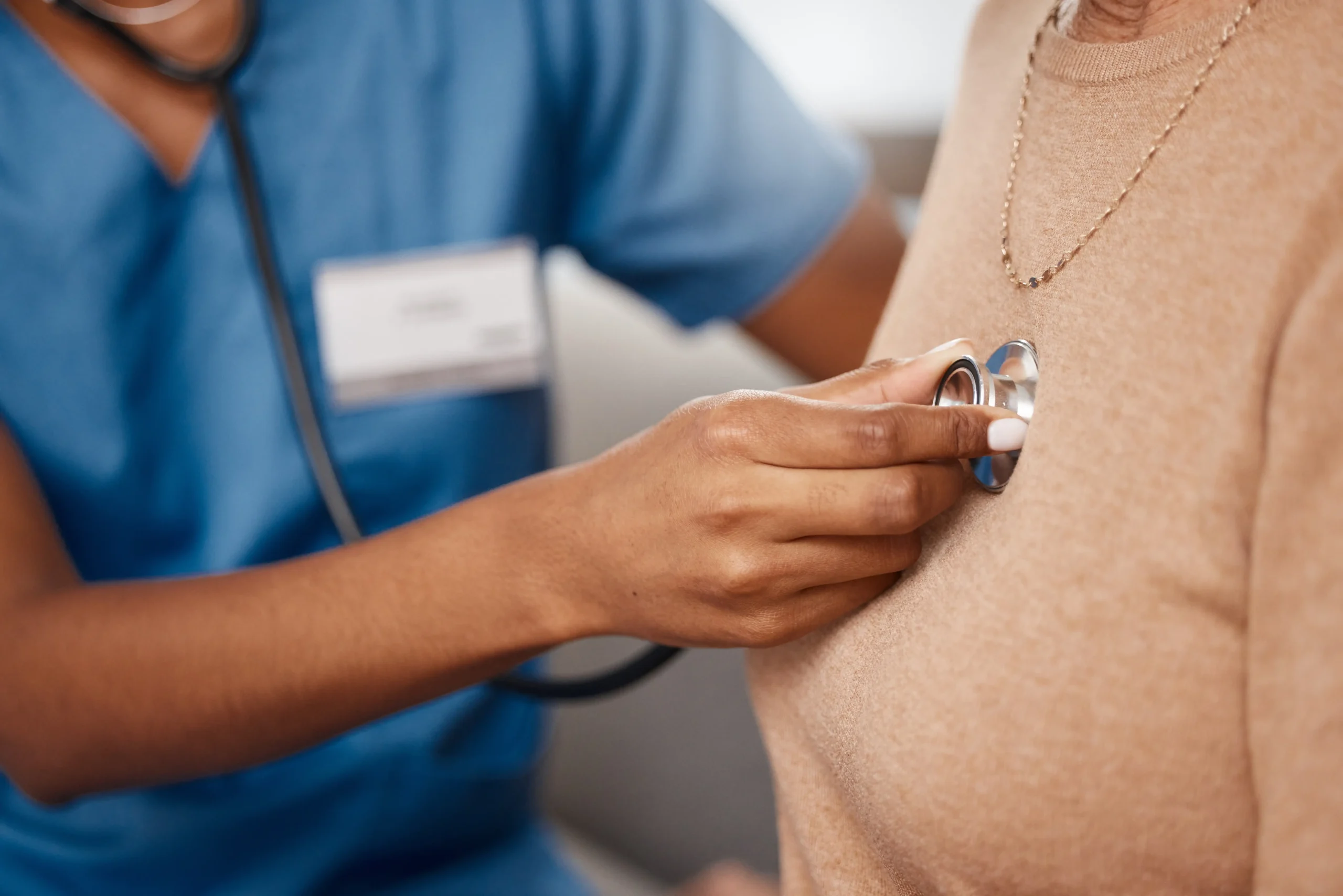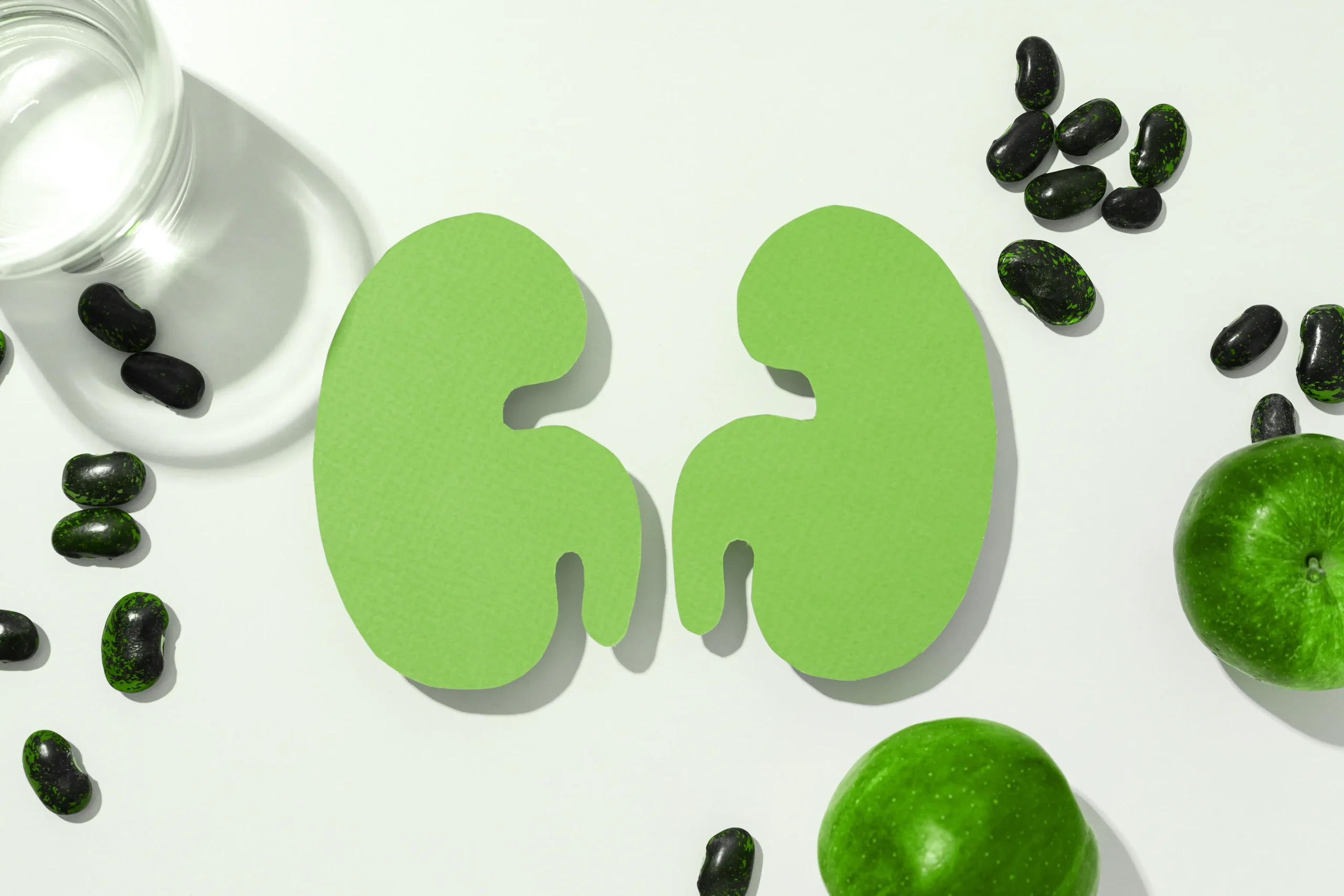When to Take Your Child to Hospital Immediately
As a parent, especially if you are a new parent, every sniffle, cough or bout of tears strikes dread in your heart and, depending on whether it’s day or night, you find yourself calling the doctor or bundling your child up in a blanket and rushing to the nearest hospital. And while it is better to be safe than sorry, here are some tips on when you really do have to take them to the hospital. Remember, it is your right to seek help if you feel you need it.
Winter is especially bad for children’s health. You need to know when to wait and watch and when to seek help immediately. The first thing is to watch your child’s behaviour.
Find out more about your childs safety and going back to school here.
Here are 7 things to which you really need to pay attention
Fever
Babies under the age of 2 months should be taken straight to a doctor or a 24 Hour Accident and Emergency Unit if their temperature is more than 38oC.
Babies aged 2-6 months must get medical attention if they have a temperature of 39oC or more. They may also need antibiotics for an infection.
A child over the age of 2 who has a temperature over 39oC just needs to be watched, particularly if the child is fully vaccinated, and is happy and running around. But if the child is lethargic and refusing to drink any fluids, seek help immediately.
Laboured Breathing
If your baby is breathing more than 60 times a minute, which is very fast, or if their rapid breathing is making it hard for them to drink, your baby may have pneumonia. Get them to the doctor or a 24 Hour Accident and Emergency Unit quickly. If your child is older, and their laboured breathing doesn’t resolve itself with rest, or if they are breathing hard and have a high fever or chest pain then you must take them in as well.
Vomiting
Always have a look at the amount and colour of your child’s vomit to determine if there should be any cause for concern. Even if they have a bad cough they can vomit as both coughing and vomiting is triggered by the same impulses in the body.
So, when do you take your child to the doctor or a 24 Hour Accident and emergency Unit? When they have been vomiting for so long that they are now throwing up bile (a bright green or yellow discharge) this should be checked out immediately.
You should also seek help immediately if they have been vomiting for longer than you think is okay or if they have been vomiting blood, have not been able to drink or eat anything for some time or even if they have not urinated for close to eight hours.
Broken bones
Kids fall and hurt themselves all the time. So, if the bleeding has stopped, your child can move the injured body part, nothing is numb and their pain can be controlled with over-the-counter pain-killers, then just keep an eye on your child. If you’re still concerned in a couple of days then go to a doctor or your nearest Lenmed Hospital.
But, take your child to a 24 hour Accident and Emergency Unit immediately if the child can’t move the injured limb or if there is any numbness, for example:
· If your child can’t feel his fingers
· If there’s a lot of swelling
· If there is severe pain
· If the body part looks deformed
Hitting their heads
Even for an adult, hitting your head can be very concerning. When children bump their heads you need to watch them closely. If your child falls down but doesn’t fall off something, this isn’t something to worry about unless the head hits something hard. You can expect a bump, a bruise, pain and crying. They may even vomit once. If your child is running around an hour later as if nothing happened, responds verbally, and vision, hearing and walking are all fine, there is probably no reason to be concerned. Keep an eye on them and if anything changes seek help immediately.
However, if there are changes, take your child to your doctor or to a 24 Hour Accident and Emergency Unit. In the case of a baby younger than 3 months old that has hit its head so hard that there is now a visible bump, you will also need to seek help immediately.
Changes to look for include:
· Vomiting more than once
· The pain is getting worse
· The child is not his or her usual self
· Vision, hearing or walking doesn’t seem right
· They can’t use their limbs
· They have fallen five feet or more (twice their own height)
Suspected Meningitis
Viral meningitis can be dangerous in children. It can also happen very quickly, so, if your child is suffering from a lack of appetite, irritability, lethargy, sleepiness and fever, seek help immediately.
Conclusions
If your child is having a seizure, no matter how small, take the child to hospital immediately.
Parents are the experts when it comes to knowing their children. If you are concerned that something is not right with your child’s health, listen to your instincts. You are almost always right.
If you have any concerns about your child’s health please visit your nearest Lenmed Hospital or the nearest Lenmed 24 Hour Accident and Emergency Unit.
Read more about 3 of the most common childhood illnesses here.
The Lenmed Group is a world-class chain of Private Hospitals that brings quality healthcare to communities across Southern Africa.
For more information please contact:
Dr Ntshengedzeni Maligavhada (Paediatrician/Pulmonologist)
BSc (Univen) MBChB (Natal) DCH (SA) FCPaed (SA) Cert.Paed Pulmonology (SA)
Randfontein Private Hospital
Tel: +27 (0) 11 411 3089
Email: [email protected]
Disclaimer: Any information contained here is merely a guideline. Always visit your healthcare practitioner for any health-related advice or diagnosis.





